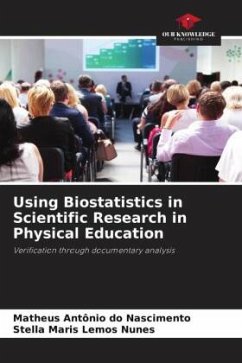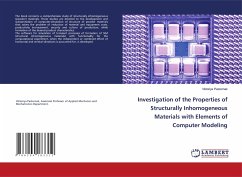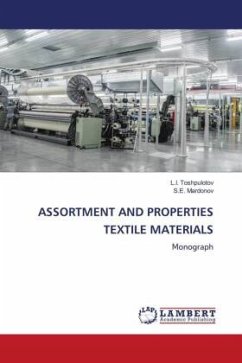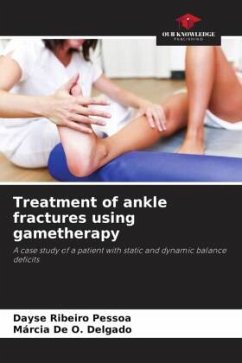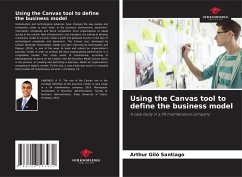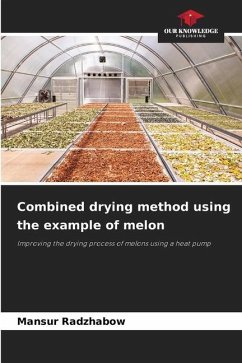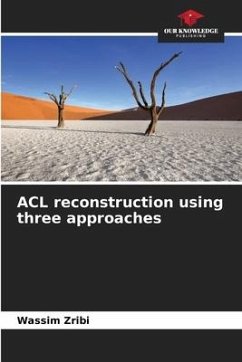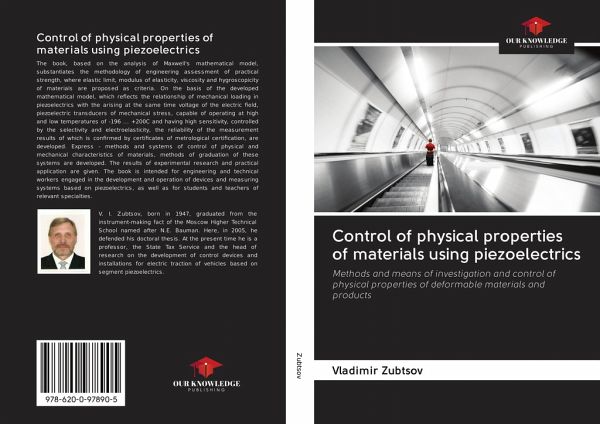
Control of physical properties of materials using piezoelectrics
Methods and means of investigation and control of physical properties of deformable materials and products
Versandkostenfrei!
Versandfertig in 1-2 Wochen
35,99 €
inkl. MwSt.

PAYBACK Punkte
18 °P sammeln!
The book, based on the analysis of Maxwell's mathematical model, substantiates the methodology of engineering assessment of practical strength, where elastic limit, modulus of elasticity, viscosity and hygroscopicity of materials are proposed as criteria. On the basis of the developed mathematical model, which reflects the relationship of mechanical loading in piezoelectrics with the arising at the same time voltage of the electric field, piezoelectric transducers of mechanical stress, capable of operating at high and low temperatures of -196 ... +200C and having high sensitivity, controlled b...
The book, based on the analysis of Maxwell's mathematical model, substantiates the methodology of engineering assessment of practical strength, where elastic limit, modulus of elasticity, viscosity and hygroscopicity of materials are proposed as criteria. On the basis of the developed mathematical model, which reflects the relationship of mechanical loading in piezoelectrics with the arising at the same time voltage of the electric field, piezoelectric transducers of mechanical stress, capable of operating at high and low temperatures of -196 ... +200C and having high sensitivity, controlled by the selectivity and electroelasticity, the reliability of the measurement results of which is confirmed by certificates of metrological certification, are developed. Express - methods and systems of control of physical and mechanical characteristics of materials, methods of graduation of these systems are developed. The results of experimental research and practical application are given. The book is intended for engineering and technical workers engaged in the development and operation of devices and measuring systems based on piezoelectrics, as well as for students and teachers of relevant specialties.



